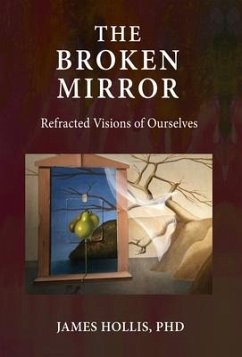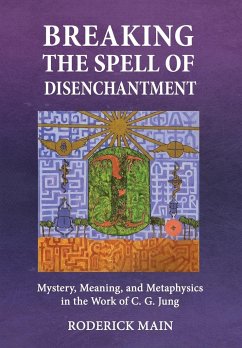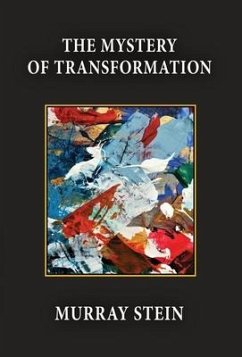
The Feminine Entrapped Within a Fruit
A Jungian Interpretation
Versandkostenfrei!
Versandfertig in über 4 Wochen
27,99 €
inkl. MwSt.
Weitere Ausgaben:

PAYBACK Punkte
14 °P sammeln!
"The main purpose of this book is to investigate the archetypal motif of the feminine entrapped within vegetable species (mainly fruits). Several fairy tales, originated in different regions (America, Europe, Africa, and Eastern countries) were analyzed. This motif deals primarily with the dynamic of suppression and repression of the feminine, as well as its redemption, which may occur in the collective consciousness. Throughout the text, the reader will have the chance to observe how the dynamic of suppression and repression of the feminine, as well as its redemption, may occur not only colle...
"The main purpose of this book is to investigate the archetypal motif of the feminine entrapped within vegetable species (mainly fruits). Several fairy tales, originated in different regions (America, Europe, Africa, and Eastern countries) were analyzed. This motif deals primarily with the dynamic of suppression and repression of the feminine, as well as its redemption, which may occur in the collective consciousness. Throughout the text, the reader will have the chance to observe how the dynamic of suppression and repression of the feminine, as well as its redemption, may occur not only collectively, but also as a subjective happening within the psyche of both man and woman. The symbolical meaning of each fruit portrayed in the tales, the importance of the water, and the shadowy aspects of both the masculine and feminine principles are taken in to enhance the psychological understanding of human psyche, as far as the play of oppositions is concerned. Dreams of modern man and woman are also analyzed to demonstrate the actuality of the theme"--




![Ensoulment: [Exploring the Feminine Principle in Western Culture] Cover Ensoulment: [Exploring the Feminine Principle in Western Culture]](https://bilder.buecher.de/produkte/47/47700/47700720n.jpg)





![The Song of the Soul [ZLS Edition] Cover The Song of the Soul [ZLS Edition]](https://bilder.buecher.de/produkte/72/72164/72164905n.jpg)

